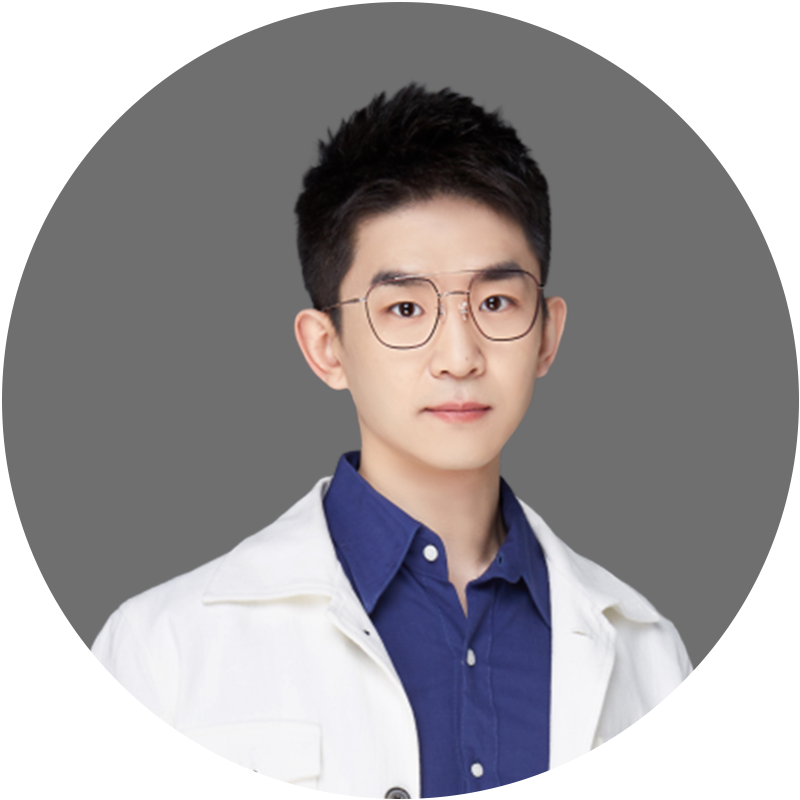Nanotechnology & materials
Yue GAO
Effective regulations of battery interface chemistry using organic materials.

Europe
Elham Fadaly
Photonics research scientist and a laser integration engineer at Apple

China
He TIAN
He invented the world's smallest gate length transistor.

Asia Pacific
Shu YANG
She addressed the challenge of dynamic performance degradation that has long plagued GaN devices.

China
Liang FENG
A new adsorption mode that is the first major fundamental advancement in surface chemistry.
